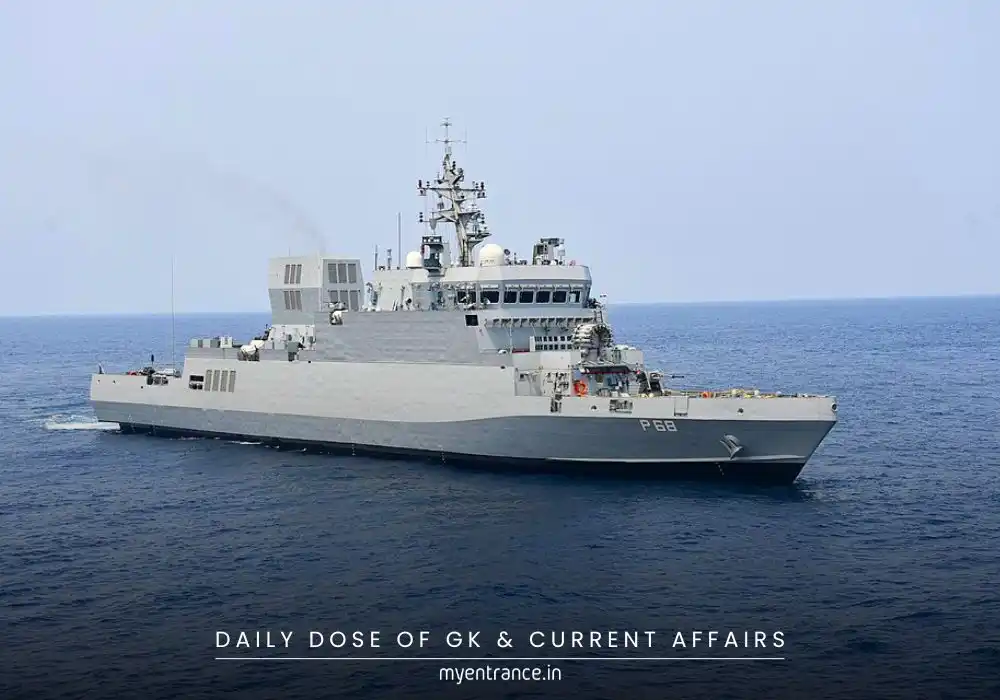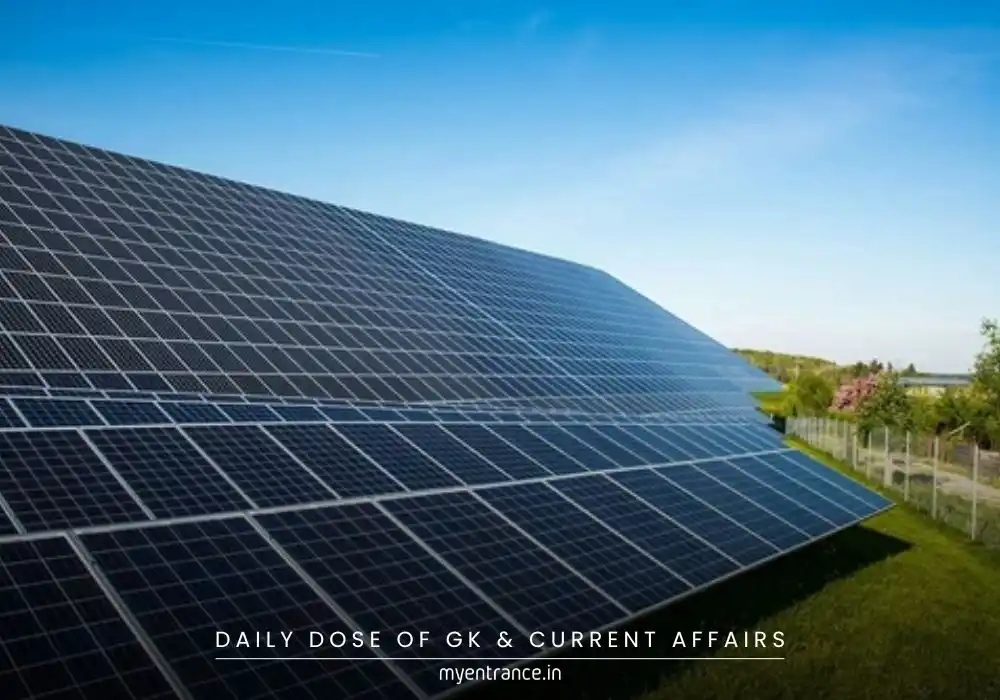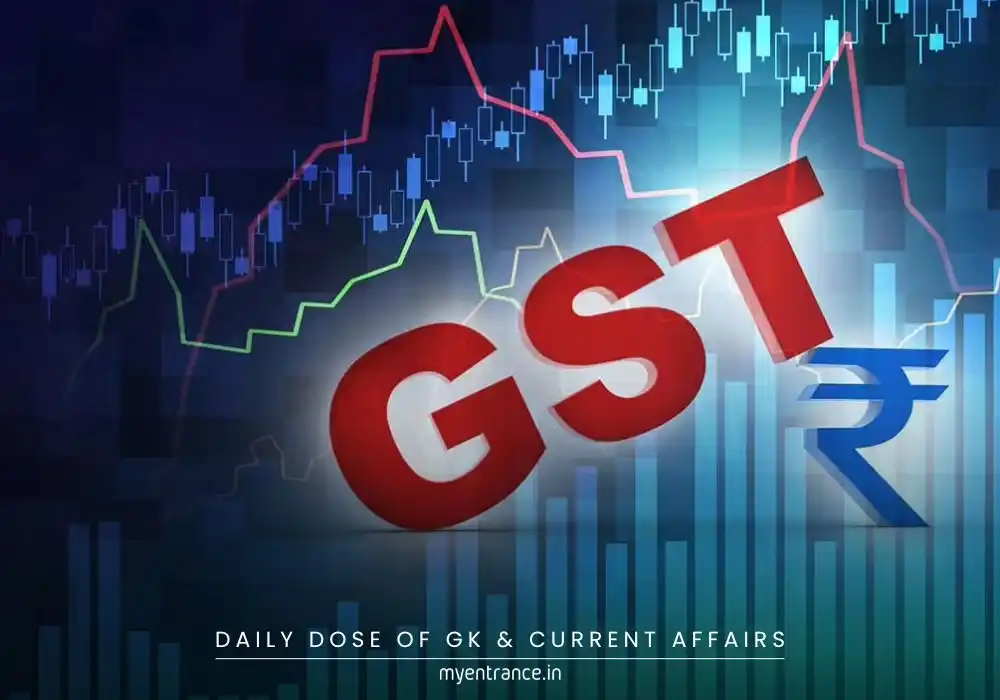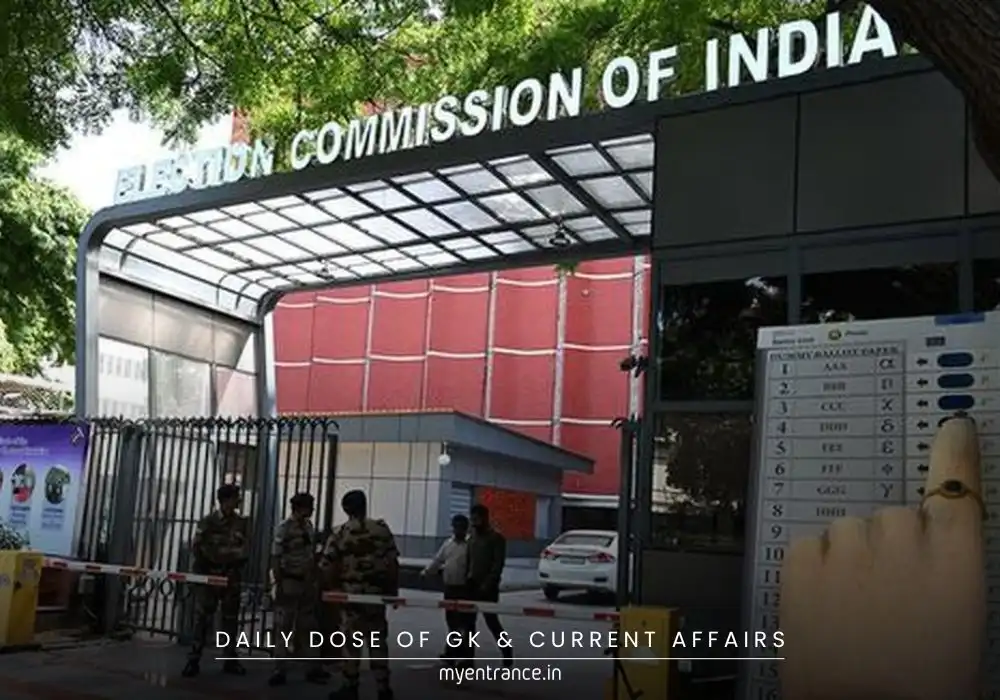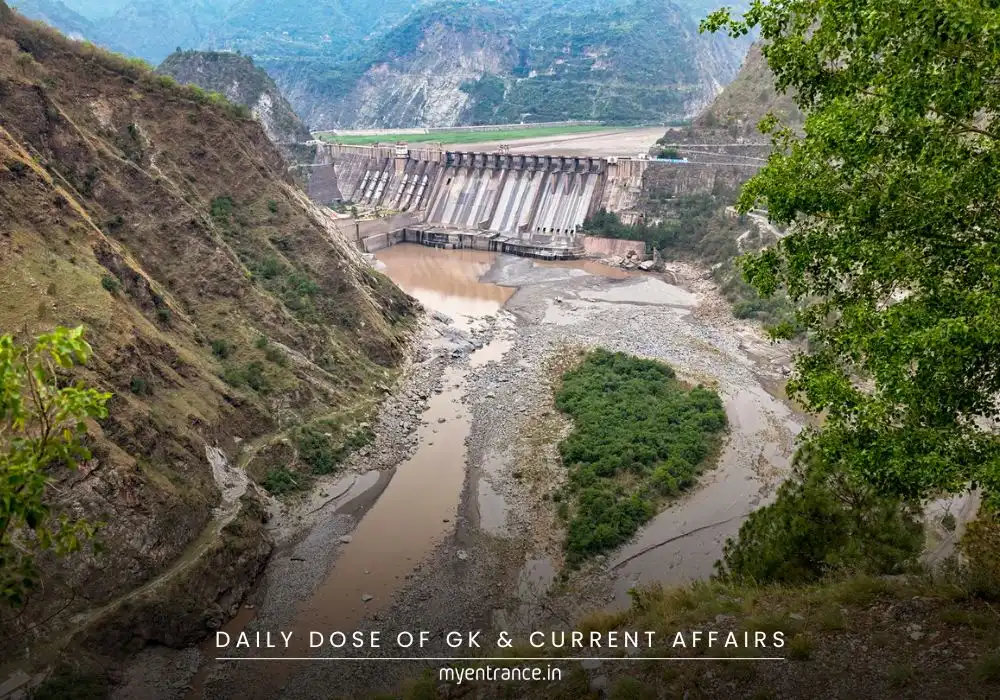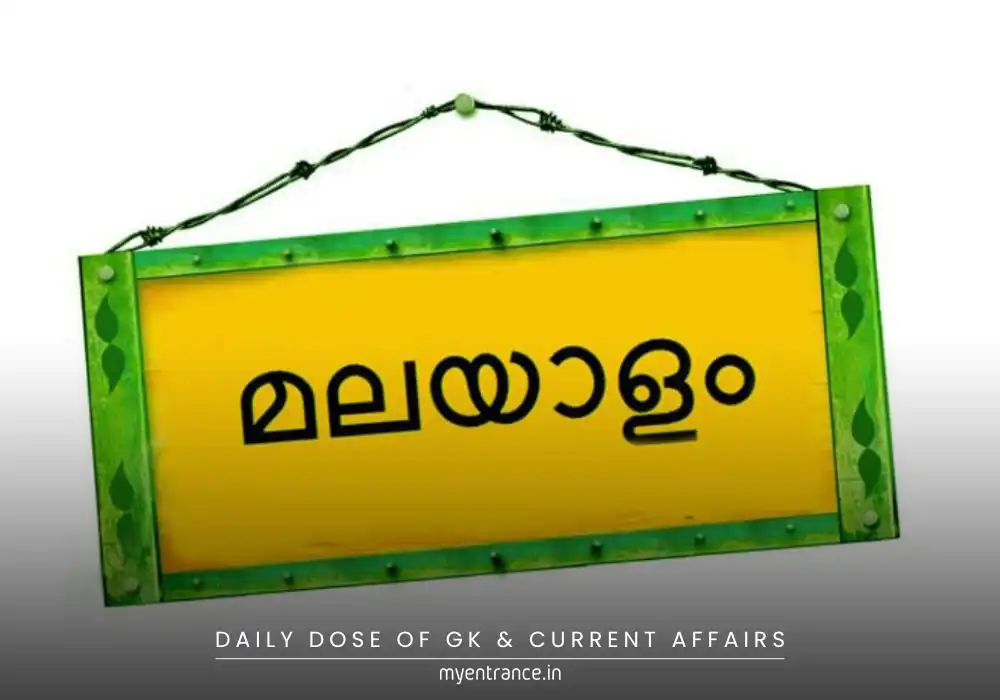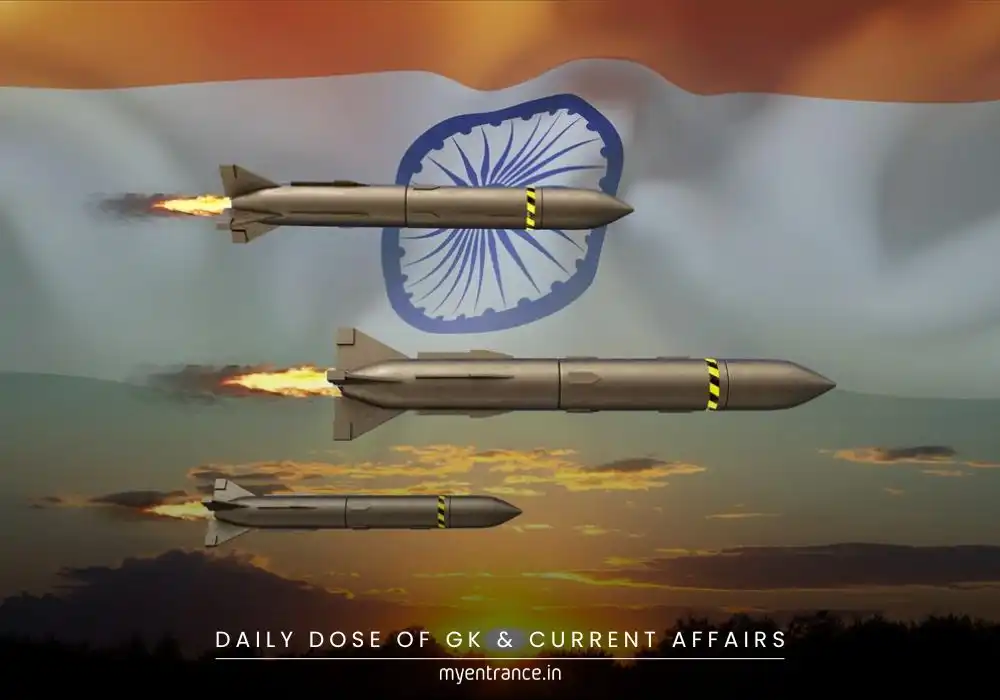Translate Language
Why Does Singapore Believe India is Key to a Multipolar World?
The world is transitioning toward a multipolar geopolitical landscape, and India is emerging as a key player. Singapore’s Foreign Minister Vivian Balakrishnan recently acknowledged India’s rising influence after meeting External Affairs Minister S. Jaishankar. This partnership strengthens economic, technological, and strategic ties, shaping the Indo-Pacific’s future.
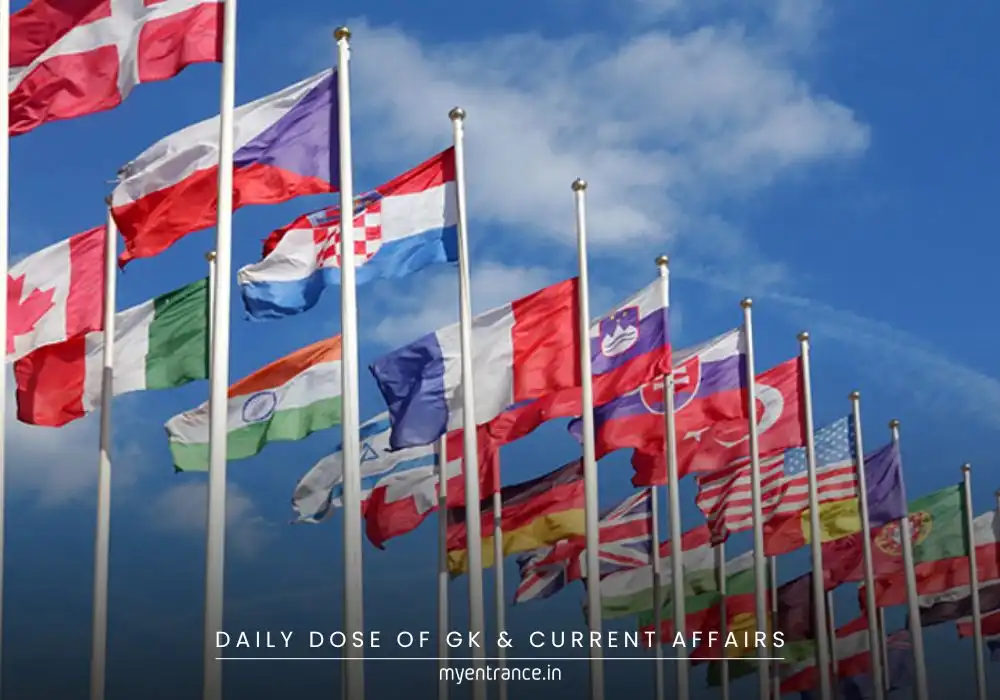
India’s Growing Influence in a Multipolar World
What is a Multipolar World?
A multipolar world refers to a global order where power is distributed among multiple nations rather than being dominated by one or two superpowers. Unlike the Cold War’s bipolar system (US vs. USSR) or the post-Cold War unipolar phase (US dominance), today’s world sees the rise of China, India, the EU, and other regional powers.
Why is India a Key Player?
Strategic Partnerships: India’s strong ties with ASEAN nations, the US, Japan, and Europe position it as a balancing force.
Economic Growth: As the world’s fastest-growing major economy, India is a crucial market and manufacturing hub.
Geopolitical Stability: India’s role in the Indo-Pacific ensures regional security, countering China’s dominance.
India-Singapore: A Strategic Alliance
Singapore is central to India’s ‘Act East’ Policy, fostering deeper ASEAN integration. Key collaborations include:
Trade & Investments: The Comprehensive Economic Cooperation Agreement (CECA) boosts bilateral trade in tech, aviation, and infrastructure.
Semiconductor & Tech: Singapore contributes 10% of global semiconductor output, partnering with India in IT, biotech, and space tech.
Defense & Security: Joint naval exercises and counter-terrorism efforts enhance Indo-Pacific stability.
Key Takeaways from Jaishankar-Balakrishnan Talks
Singapore is the “heart of India’s Act East Policy.”
Both nations will soon hold the 3rd India-Singapore Ministerial Roundtable in New Delhi.
Focus areas: semiconductors, infrastructure, skill development, and connectivity.
Sample Questions & Answers for Competitive Exams
Q1. What is meant by a ‘multipolar world’ in global geopolitics?
Ans: A multipolar world refers to a geopolitical system where power is distributed among several influential nations (e.g., US, China, India, EU) rather than being dominated by one or two superpowers.
Q2. How does Singapore contribute to India’s ‘Act East Policy’?
Ans: Singapore acts as India’s bridge to ASEAN, enhancing trade, defense, and technological cooperation while strengthening India’s presence in the Indo-Pacific.
Q3. What is the significance of the India-Singapore CECA?
Ans: The Comprehensive Economic Cooperation Agreement (CECA), signed in 2005, promotes bilateral trade, investments, and collaboration in IT, aviation, and infrastructure.
Q4. Why is India’s semiconductor partnership with Singapore important?
Ans: Singapore produces 10% of global semiconductors, and collaboration helps India boost its chip manufacturing, reducing dependency on China.
Q5. How do India-Singapore defense ties impact the Indo-Pacific?
Ans: Joint military exercises and security cooperation ensure maritime stability, countering China’s aggressive expansion in the South China Sea.
Get 3 Months Free Access for SSC, PSC, NIFT & NID
Boost your exam prep!
Use offer code WELCOME28 to get 3 months free subscription. Start preparing today!
